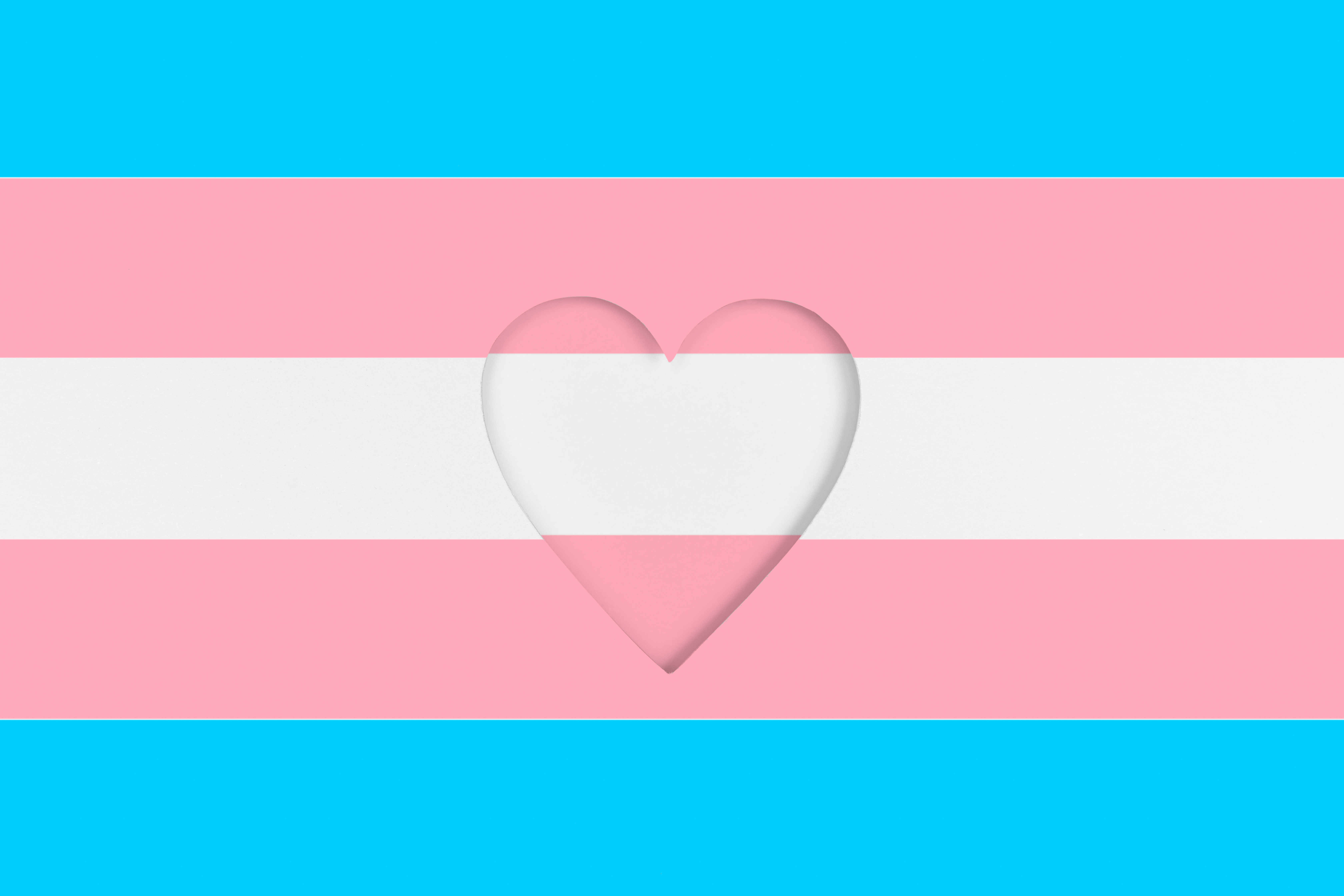Transgender Day of Remembrance memorializes those who have been murdered in transphobic attacks and brings awareness to the continued violence that the trans community endures to this day. Oftentimes, these hate crimes are left unacknowledged, brushed under the rug to be forgotten. Thus, this memorial often involves the reading of those who died over the year, candlelight vigils, marches and more. It is imperative that we don’t simply forget their names, for they were more than a number attached to a statistic; they were lives, people with their own stories that were unfairly cut short because of the fear of others. Their memories as people living authentically to their identity must overcome the hate that continually attempts to erase the trans community.
While we live in progressive times of acceptance, there has also been an unprecedented surge of hate against the 2SLGBTQ+ community. Rhetoric justifying violence against trans lives has been at an all-time high in recent times, and as such, it is more important than ever to support your trans loved ones. From the murder of Rita Hester on November 28, 1998, to the killing of Brianna Ghey on February 11, 2023, it is clear that there is still much work to be done to enact systemic change and combat these attacks on queer identities. While this is a tall order and by no means a quick and easy process, we can all start from a personal level. For Transgender Day of Remembrance, I wanted to discuss some of the ways we all can support our trans brothers, sisters and loved ones. For this article, I spoke to my uncle, Jen, a leader in Edmonton’s Pflag Support Group (which I would highly recommend visiting).
Get it right
It is understandable that change can be difficult. Calling a person you may have known your entire life by another name can feel strange; it might feel like this person has become another person. But I want to remind you that this person is still fundamentally the person they were before their transition; rather, they are now revealing a part of themselves that they had yet to before coming out. This is something to be celebrated! It is beautiful that this person has decided to share this aspect of themselves, and it is important to support this through their social transition. By aligning your language with their preference, you validate their identity as whatever gender they identify with.
However, it is likely that you will make mistakes; old habits die hard. You might feel immense guilt for deadnaming or calling someone by the wrong pronouns, as, of course, this can be extremely damaging to those with trans identities. But instead of beating yourself up for making such mistakes, take each opportunity to correct yourself. Undoubtedly, your loved one understands that sometimes, these changes aren’t immediate and will take time, and they will appreciate your efforts to respect their identity. Eventually, you’ll become accustomed to calling them by the correct name and pronouns. After all, accountability is more productive than self-blame. That’s why it’s important to practice sensitivity; not only avoiding gendered language that may trigger a trans person’s gender dysphoria but being thoughtful as to why such language could be triggering will help you grow as a supporter.
Educate yourself
You might not understand at first, and you probably won’t ever be able to comprehend the complexities of living and being transgender. But the first thing you can do is to take steps towards trying. In an era where learning is extremely accessible through the internet, there are plenty of websites, videos and resources that can educate you on the various aspects of being trans: what does it mean to be trans? What does the physical transitioning process entail? What policies pose as barriers to trans healthcare and rights? Doing research can better inform you in supporting your trans loved ones. Some websites I would recommend are Trans Parental Alberta and Transgender Lives: Your Stories.
But aside from reading and watching, it’s also important to listen. If they’re comfortable, engage in conversations with them, ask respectful questions, understand their perspectives, both the struggles and successes, the milestones and fallbacks. You can also support them by (if given permission) accompanying them to their support group meeting. Such environments will allow you the opportunity to meet people across the gender spectrum, such as being transfemme or transmasc, who all will navigate their journeys differently. Having direct interactions can often help you connect and understand at a deeper, more emotional level, thereby developing your own sense of empathy through the stories of others. And when doing so, make sure you are receptive and open-minded; this conversation isn’t about you; it’s about them, so listen with intent and kindness. Trans people don’t owe anyone explanations, nor are you entitled to listen to their stories. It is a privilege to be allowed into this intimate space, so stay at the same pace as them and allow them to divulge what they are comfortable sharing, as oftentimes, these conversations are not necessarily easy.
Get involved
Trans rights are human rights; everyone should have the autonomy to live freely as their true self without persecution. To live authentically as yourself in a climate that attempts to disenfranchise you takes courage and strength. Around the world, there are still nations in which queer identities are criminalized and subject to capital punishment. While we’re fortunate to live in the relatively progressive society that is Canada, even our country is not completely impervious to prejudiced beliefs; attacks on trans healthcare and rights are a very real issue. Incidents in which trans people, who might not pass as their preferred gender, get judged and purposely misgendered out of malice still occur. The epidemic of trans deaths is not just a result of direct hate crimes; in many cases, depression, anxiety and other mental disorders exacerbated by such incidents lead to suicide.
While you are not obligated to, taking the effort to help advance and advocate equality for all genders, including those who are transgender, is important in driving societal growth and protecting trans lives. There are many ways to do so, whether it be educating the people around you, donating to charities like the Trevor Project and GLAAD, or sending letters to your MPs and rallying. The collective society can only move if its constituent individuals step forward. Any and every one of your own steps can drive positive change, so don’t ever feel like your contributions are meaningless; they are incredibly valuable. Even if you don’t have the capacity to do the above, at the least remember not to judge people based on their appearances. What’s outside may not always necessarily reflect what’s inside, so making sure not to assume and getting into the habit of asking for pronouns is already progress.
With that being said, though Transgender Day of Remembrance has passed, I hope that you still take some time to embrace your trans loved ones and take the resources available to you to be a better loved one for them as well. It’s integral that we all work together to build an environment and, eventually, a world that not only tolerates but wholeheartedly accepts the existence of trans people. In a world where hate and darkness can feel overwhelming, it is up to us to spread love and light.
If you or anyone you know would like to know more, visit:

